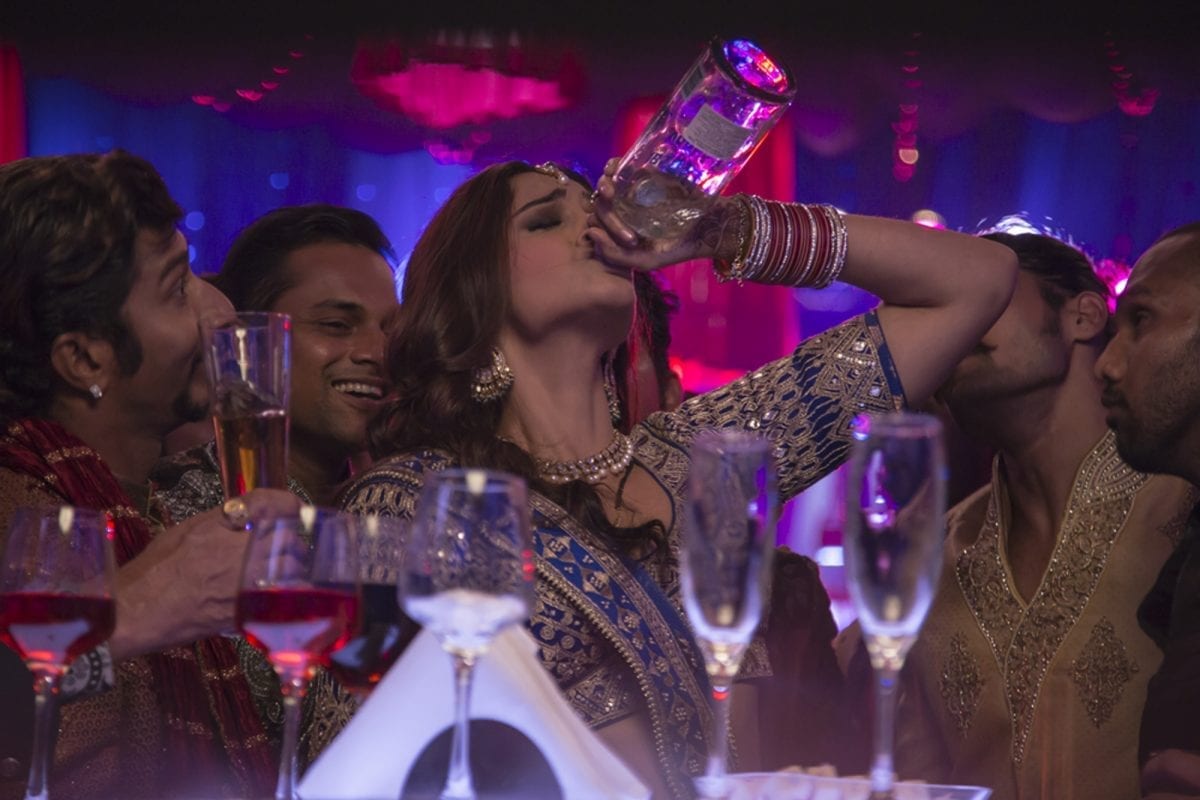
Be Mindful With Your Booze: Powerful Facts You Need To Read Before You Pour Your Next Drink!
Lifestyle Nov 14, 2018
As the holiday season is officially underway (with many excuses to have a party from festival celebrations to winter wedding season and more,) there are many occasions where raising a toast will be expected. There are plenty of options including beers and spirits which are known to help us “let loose” while wine is perfect for when you just want to “wind-down”. Which had us thinking, is there anything we should fear in all the alcohol “fun”? It’s time to think mindfully when it comes to imbibing. We’ve got some powerful facts you need to read before you pour your next drink!
*If you or someone you love is at risk for or dealing with alcohol addiction, help is available here.*
With over 2.3 billion people identified as drinkers worldwide, alcohol has a massive market with what some could argue is minimal education. Knowledge is power and when it come’s to alcohol, there’s a lot to learn. Rest assured we are not here to scare anyone off alcohol but instead to help you stay informed with some of our findings:
Drinking is causing death; in 2016, excessive drinking killed more than 3 million people and considering how often it happens, it’s not something we talk about nearly enough, especially in the South Asian culture.

Drinking is on the rise among South Asians. Not traditionally part of the ancient Indian cultural, there’s been a cultural shift with more South Asians exposed to alcohol from an early age. Alcohol problems in our communities are described as an open secret; something many are experiencing but still hesitant to talk about. In UK alone, 27% of the Sikh population reported having someone in their family with an alcohol problem. Consumed by South Asians more than ever before (it’s particularly with South Asian women), it’s also more present in Bollywood films, Hindi and Punjabi music.
The business of alcohol makes billions of dollars. A $1,439 billion US industry in 2017, the industry is making serious money moves which can lead to consumer health not being the first priority. Alcohol based companies spend massive amounts of money on clever marketing campaigns that reinforce drinking as a “cool” thing to do but its our responsibility to be mindful on looking beyond commercials and societal norms to decide if drinking is the right choice for us.

Moderate drinking does not allow for a lot of consumption. Alcohol is not a reward system; not drinking today does not earn you more drinks tomorrow; the body doesn’t process alcohol that way and that mentality may put you at risk for binge drinking. For men, drinking in moderation involves up to two drinks per day, for women one (one drink can be 12 fluid ounces of beer, 1-1.5 ounces of distilled spirits such as vodka or 5 fluid ounces of wine).
Excessive alcohol drinking can have severe health consequences: Short-term risks include alcohol poisoning, suicide, sexual assault (to name a few) while long-term health risks can include depression, anxiety, social problems, cancers, liver disease and more. Alcohol can also worsen some of the conditions that South Asians are already at risk for including high blood pressure and diabetes. Reading even a fraction of the health impacts may shock you but it’s important to stay informed.

You don’t need to have an addiction to act: If you’re wondering if your pouring is or could become a problem, a great program that can help increase your awareness on the impact of alcohol in your life is called Moderation Management. A behavioural change program, Moderation Management involves making a commitment to refrain from alcohol for 30 days while taking strategic actions (e.g. journaling) that will help increase your awareness of drinking habits, patterns and behaviours.
If you or someone you love is at risk for or dealing with alcohol addiction, help is available here.
Main Image Photo Credit: www.urbanasian.files.wordpress.com
Rachna Sethi
Author
Rachna (@thesassyspiritual) is a graduate of the Applied Mindfulness Meditation program from the University of Toronto, a certified Educator with two bachelor degrees and a diploma in Art Therapy. She's dedicated to living with a compassionate approach. Committed to helping people integrate Mindfuln...













































































































